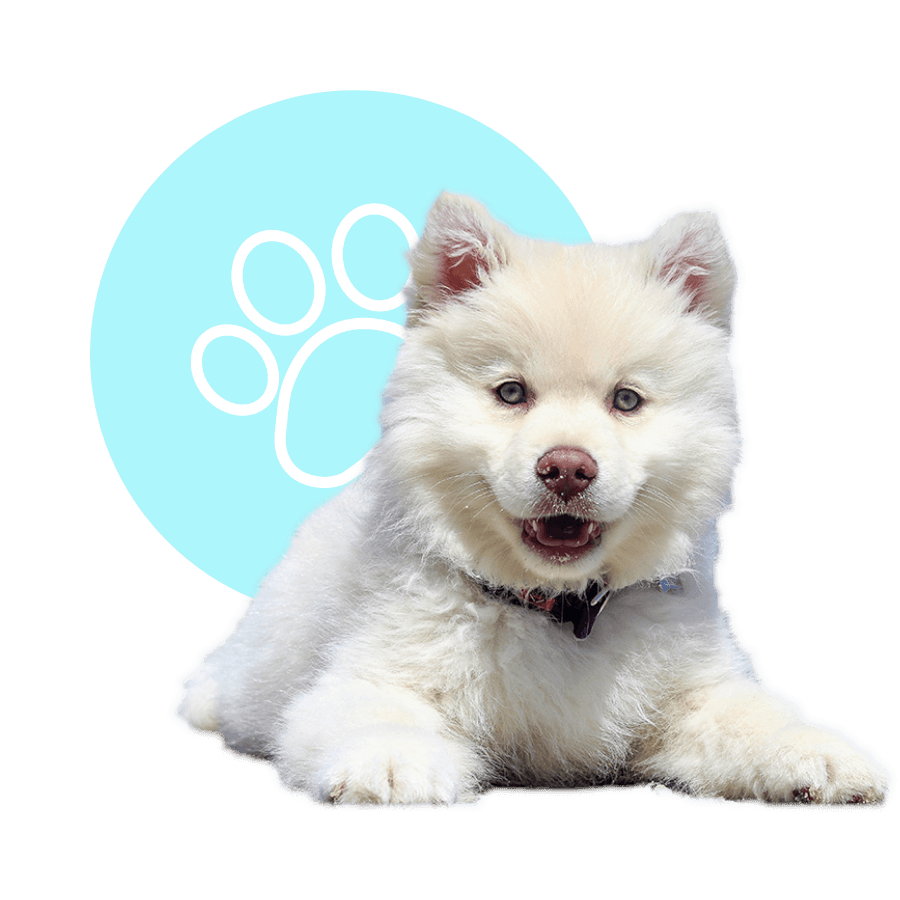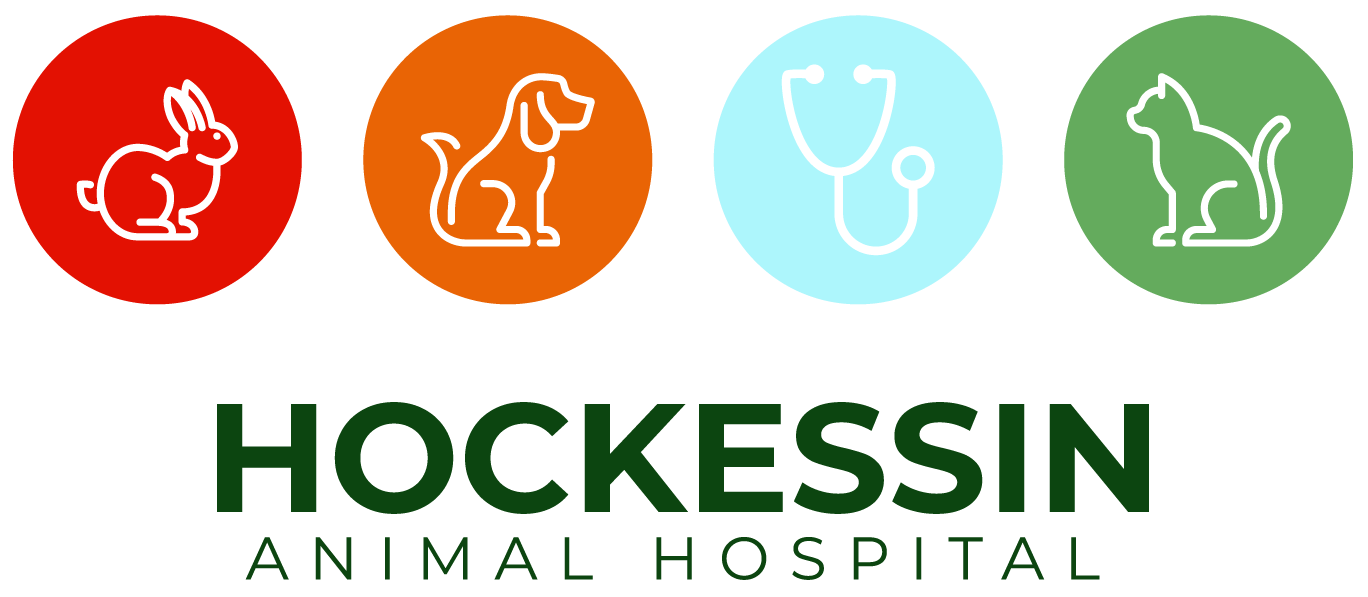We take your safety seriously
COVID-19
Learn about our COVID-19 hospital procedures below.
Schedule Appointment
Access Portal

Dear Hockessin Family
We are faced with an unprecedented increase in caseload and phone calls and are faced with a national labor shortage. Please be patient with our staff as they work to assist you. Hold times may be longer than normal. We encourage you to use our online scheduling feature or to email us with non-emergency questions or concerns. We will respond within two business days.
Thank you for your understanding during this time.
The Doctors, Owners & Team
What We Currently Know
About Animals & Covid-19
SARS-CoV-2, the virus that causes COVID-19 in humans, is thought to be spread primarily through respiratory droplets from coughing, sneezing, or talking. The virus has been shown to survive in aerosols for hours, on cardboard for up to one day, and on plastic or steel for up to three days. The significant concern is that people are able to spread the virus while pre-symptomatic or asymptomatic. It seems that weekly we are hearing reports of cats and dogs being tested positive for Covid-19. There is also concern that ferrets may be more susceptible to this disease also.
At this time, there is no evidence that animals play a significant role in spreading SARS-CoV-2, the virus that causes COVID-19. Based on the limited data available, the risk of animals spreading COVID-19 to people is considered to be low. We are still learning about this virus, and it appears that in some rare situations, people can spread the virus to animals. Further studies are needed to understand if and how different animals could be affected by the virus and the role animals may play in the spread of COVID-19.
Limited information is available to characterize the spectrum of clinical illness associated with SARS-CoV-2 infection in animals. Clinical signs thought to be compatible with SARS-CoV-2 infection in animals include fever, coughing, difficulty breathing or shortness of breath, lethargy, sneezing, nasal discharge, vomiting, and diarrhea.
What should you do
for your pet if you become sick?
- You should restrict contact with pets and other animals while you are sick with COVID-19.
- Have another member of your household care for your animals, if possible. If you have a service animal or you must care for your animals, then wear a cloth face covering.
- Wash your hands before and after any contact with them.
- Don’t share food, kiss, or hug them.
- You should not share dishes, drinking glasses, cups, eating utensils, towels, or bedding with other people or pets in your home.
- Cats should also be kept indoors as much as possible.
Our lobby is closed, but we ARE open!
During the COVID-19 pandemic, we have made changes regarding how we provide care for your pets, but we are here for you and your pet. As the State looks to start reopening, we would like to remind you of our policies:
Updated Hospital Care Policies
- If you have been diagnosed with COVID-19, have been quarantined, or are showing any signs of respiratory illness, you are asked to have someone else bring your pet to the hospital, and we are alerted to the facts so we can care for your pet appropriately and safely for our staff.
- If you can’t find someone else to bring the pet to the hospital, you must call to discuss with our infectious disease team as to if and how we can manage the situation – you may be referred to another facility.
- We are unable to provide home visits for any reason during this time.
- Our staff is allowed minimal interactions directly with clients. During any face-to-face interaction, clients must be wearing a mask/face covering.
- Clients are not allowed to enter our buildings, and our bathrooms are not available for use at this time.
- We ask that you wipe down your pet’s leash/collar and carrier with an alcohol-based cleaner before coming in. Let the leash/carrier dry before using with your pet.
- Your pet will be brought inside, one of the nurses will call to get a history. After examination, one of our doctors will call to discuss the findings and recommendations; verbal estimates will be given. At the end of the visit, payment and discharge will be made over the phone. Your pet will be returned directly to you in your vehicle.
- At Hockessin Animal Hospital, emergency care will function in the same way. If the patient is admitted, all documentation and payment of deposits will be made over the phone.
- No personal items can be kept with the pet for boarding or hospitalized patients while hospitalized, including blankets, toys, collars, leashes, etc.
- Scheduled surgical procedures will be called the day before to go over estimates and all consents with the client. Discharge and payment will be made over the phone.
- Clients picking up from boarding from Hockessin Animal Hospital need to call to provide payment prior to pick up. All our other facilities have temporarily suspended boarding services.
- For prescription refills and food pick up, we ask for 48 hours’ notice to fulfill orders. In an effort to maintain social distancing, we recommend you check out our Online Store. For Hills food, use the Hills to Home website.
We continue to monitor the situation and follow any appropriate recommendations from federal, state, and local officials. We remain open and are monitoring all governmental requirements as we move forward in the process of reopening the State.
Thank You for Your Support!
We appreciate your patience and support as we navigate this crisis in the best way we are able, with the best interests of people and pets as our primary thought.
Sincere thanks to all of those who have shared words of encouragement and tokens of appreciation with our staff– your kindness goes way further than you realize among the veterinary team working hard to care for you and your pets during this unprecedented time.
Thank you for being part of our family.
Sincerely,
Doctors & Staff, Hockessin Animal Hospital
